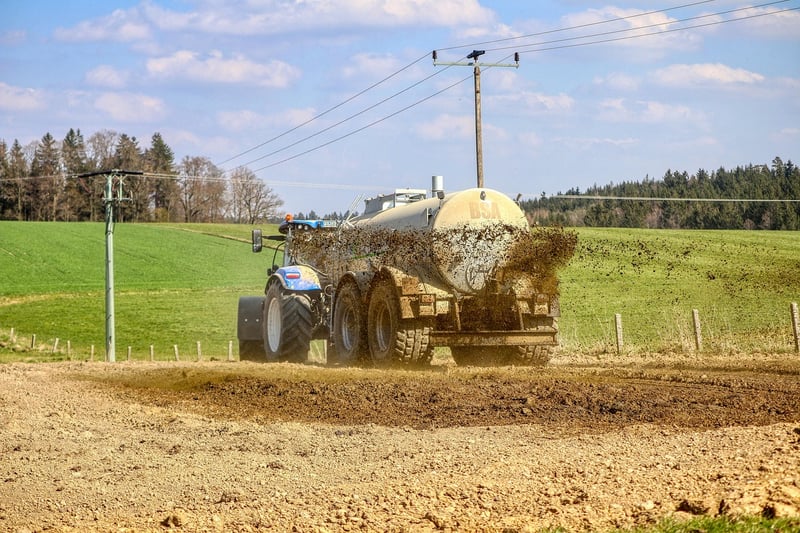Fertilization tips
Maintaining Plant Health: Essential Fertilization Tips
Keeping your plants healthy and thriving involves more than just watering them regularly. Fertilization is a key aspect of plant care that provides essential nutrients for growth and development. Here are some tips to help you fertilize your plants effectively:
1. Know Your Plants
Before you start fertilizing your plants, it's important to know the specific needs of each type of plant. Some plants require more nitrogen, while others may need more phosphorus or potassium. Understanding your plants' requirements will help you choose the right fertilizer.
2. Use the Right Fertilizer
There are different types of fertilizers available, such as granular, liquid, and slow-release. Choose a fertilizer that suits your plants and their growth stage. Organic fertilizers are also a great option as they improve soil health in the long run.
3. Follow the Instructions
Always read and follow the instructions on the fertilizer package. Over-fertilizing can harm your plants, so it's crucial to apply the correct amount at the right time. Most fertilizers recommend specific dosages based on the plant type and size.
4. Fertilize at the Right Time
Plants have different fertilization needs based on their growth cycle. Generally, it's best to fertilize plants during their active growing season, which is usually in spring and summer. Avoid fertilizing during dormancy periods.
5. Monitor Plant Response
Pay attention to how your plants respond to fertilization. Healthy plants will show improved growth, vibrant foliage, and more flowers. If you notice any signs of over-fertilization, such as burnt leaves or stunted growth, adjust your fertilization schedule accordingly.
6. Consider Micronutrients
In addition to the primary nutrients (nitrogen, phosphorus, potassium), plants also require micronutrients like iron, zinc, and magnesium. A balanced fertilizer that includes these micronutrients can help prevent nutrient deficiencies and promote overall plant health.
7. Soil Testing
Periodically test your soil to determine its nutrient levels. Soil tests can provide valuable insights into what nutrients are lacking in your soil, allowing you to tailor your fertilization routine accordingly. Many gardening centers offer soil testing services.
By following these fertilization tips and paying close attention to your plants' needs, you can promote healthy growth and vibrant blooms in your garden. Remember, a well-fertilized plant is a happy plant!

For more detailed information on plant fertilization, you can visit Gardening Know How.
